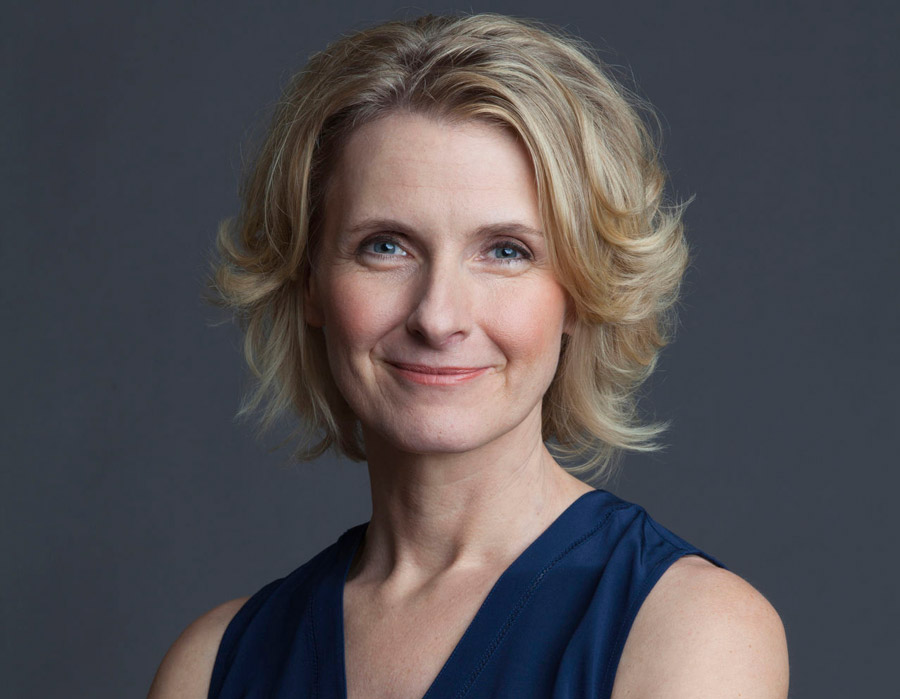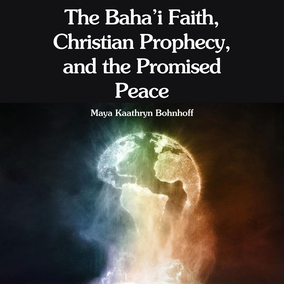The views expressed in our content reflect individual perspectives and do not represent the authoritative views of the Baha'i Faith.
Consciousness expands as we explore greater and greater levels of awareness and comprehension of self, society, and the mysteries of life.
But the potentiality of consciousness depends upon the initiative taken to actively investigate reality.

Elizabeth Gilbert
Somewhere within us all may be what Elizabeth Gilbert, in her popular book Eat, Pray, Love, calls “the itch, the mad and relentless urge to want to understand the workings of existence.” To truly understand this relentless urge, Gilbert says we have to “look for God, like a man with his head on fire looks for water.” In this light, the urge to know impels a single-minded spiritual quest that nothing can deter.
One of the very first human archetypes—patterns of inherited, oft-repeated behavior—is the call to adventure. This summons for a quest to understand reality, a theme as old as story itself, has a central role in our purpose as human beings. Classic mythology, and fairy tales too, frame themselves within this familiar motif of search. Mythic heroes became heroes—and heroines—because they were the original seekers after truth. Their adventures, involving much drama and many overwhelming challenges, lived out a pattern we not only understand as heroic but as sacred, too.
The archetype of the call consists of a quest that always begins with a separation from the familiar (“from the way of the world”), which signals a “departure,” and is followed by the quests’ fulfillment in the closely related archetypes of “initiation” and “return.” The scholar of myth Joseph Campbell identified this three-part pattern as the monomyth, or the adventure of the hero.
The meaning of this archetype is the unfolding of destiny; its appearance is the first sign that something of significance is about to happen. All who seek something beyond the familiar have one passion in common: pursuing a spiritual quest to find a way out or a way back to what will satisfy their craving for absolute truth, which then also constitutes their whole meaning of life. This quest leads to not only the awakening of the self, but to a transcendental consciousness that usually involves a vision of the Divine as immanent in the world.
In the Baha’i Faith, Baha’u’llah, answering a query from a Sufi, explains this mystical quest in the familiar and timeless framework of the seven stages of the journey of the soul, beginning with the motif of The Valley of Search. This confirms that the spiritual realities and the inner verities of all religions are the same. He says the first characteristics of the valley of search, after taking “leave of self,” are patience and perseverance. Other prerequisites of this quest are to “cleanse the heart” and “turn away from [blind] imitation.”
It soon becomes evident in this spiritual quest that guidance will be provided when most needed, again from The Valley of Search: “At every step, aid from the Invisible Realm” is offered; as the intensity of the search grows, union with “the object of [the] quest” is desired. When the Call is answered, it signals the awakening of consciousness, leading to the fulfillment of a potentiality, like a seed growing into fruition.
We cannot search for truths to live by without conscious effort. If we are satisfied with what has been handed down to us, we will remain complacent or even inert. If we continually seek the unknown and make it known, new knowledge will guide our way to the perennial truth of oneness.
This search for truth is a key principle of a timeless wisdom that recognizes the individual soul as a reflection of divine Reality. The world’s religions agree on this, and all express some form of the familiar advice: “Seek and ye shall find.” From Judaism, “If from thence thou shalt seek the Lord thy God, thou shalt find him …;” or, as in Islam, “He who approaches near to Me one span, I will approach near to him one cubit … and whoever approaches Me walking, I will come to him running.”
In our time, the investigation of reality has been made a primary spiritual principle by Baha’u’llah. This involves discovering truth for ourselves, not following blindly, but seeing with our own eyes, hearing with our own ears, and utilizing the power of our own mind. If we use the power of our own spirit, an emanation of the Divine spirit, and:
If we investigate the religions to discover the principles underlying their foundations we will find they agree, for the fundamental reality of them is one and not multiple. … All the prophets have been the promoters of these principles. – Abdu’l-Baha, Foundations of World Unity, p. 15.
In this age, the right of every one of us to investigate reality for ourselves is the most fundamental of all human rights; and exercising this right can bring us the greatest of benefits, not only in this life but in the life to come. That human consciousness is endowed with the intellectual, moral, spiritual, and aesthetic capacities needed to undertake such an effort is evidence enough that this right exists. Our own spiritual development depends on this quest to transcend earlier levels of consciousness.
We each embark on this quest to liberate human consciousness from previously restricted stages, propelling it onward in its evolution. Now, more than ever, the independent investigation of reality will unleash our fullest potential, leading to the spiritualization of human consciousness. The awakening of new capacities brings with it the recognition of new responsibilities for a collective maturity that is restructuring society.
















Comments
Sign in or create an account
Continue with Googleor